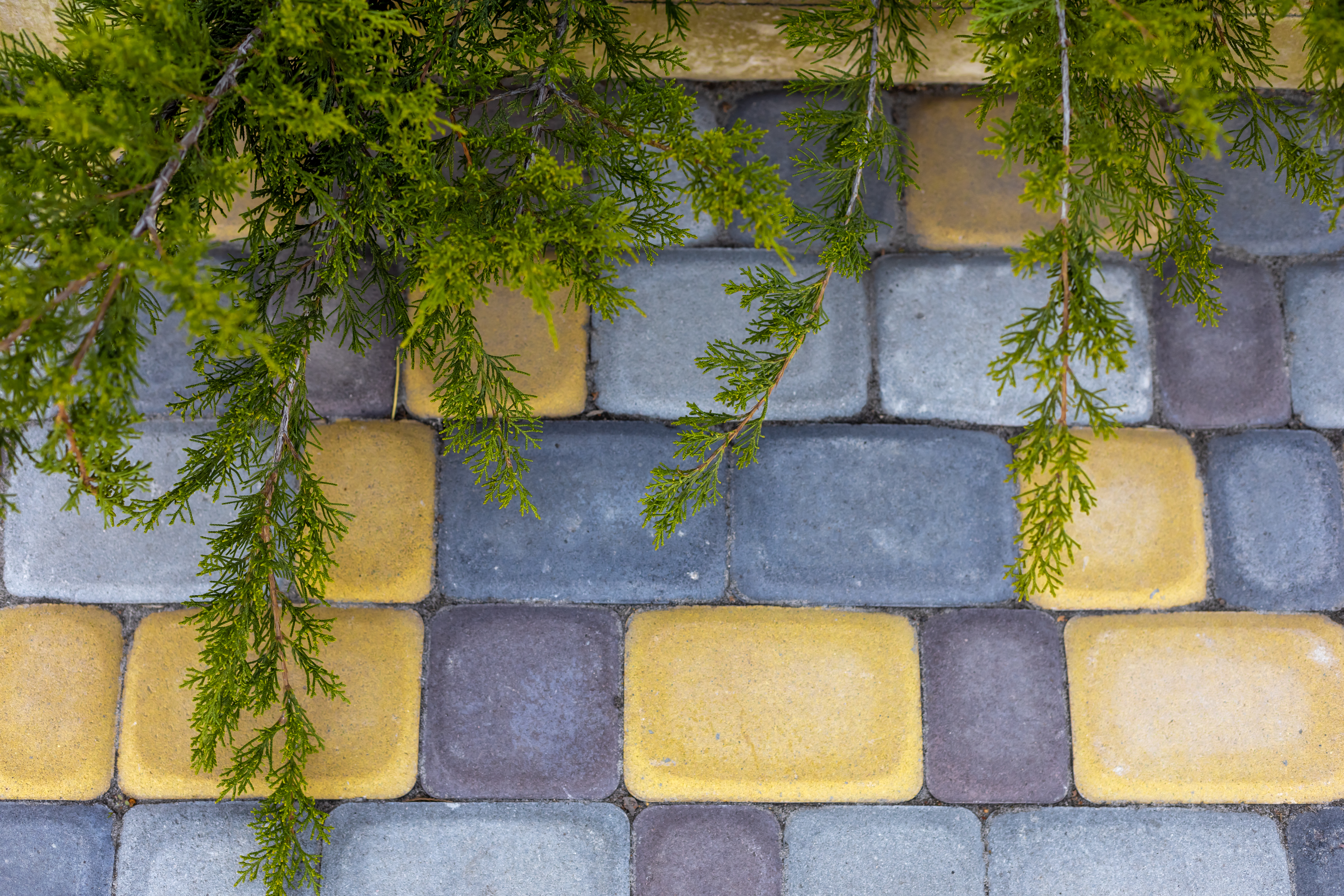
A Beginner’s Guide On How To Improve The Drainage Of Your Driveway
By admin | Uncategorized
Heavy rains, floods, burst water pipes – Any one of these situations will generally result in the same situation: water damage. Water damage can cause serious damage to your home, garden, and yes, your driveway. This article will outline steps you can take to combat this problem and improve drainage on your drive.
1. Channel The Water Into A Drainage Channel
Typically, there are two methods to improve the drainage of a driveway — The first involves channeling the water. To achieve this, it is necessary to complete two specific alterations to the driveway. Firstly, a purpose-built drainage channel must be put in place in order to catch the water running off the driveway. Secondly, a gradient must be added to the driveway in order to guide the water towards the drainage channel.
This may seem rather complex, but it is very simple. The gradient does not need to be very great and a gentle slope is suitable – basically, enough to allow for the water to run down away from the driveway. The drainage channel is purpose-built, but it does not require too much attention as these drains can be purposed at hardware stores or online.
2. Have A Permeable Driveway
The second method to improve the drainage of a driveway is a permeable driveway surface; this means that the water will be absorbed instead of lying in pools on the driveway surface. The most common type of permeable material is gravel and gravel driveways are very popular due to the resilience. Of course, gravel does have problems, such as tire puncturing, and block paving can appear appealing making it fortunate that permeable block paving is available. This is beneficial, but it is also very expensive. It is recommended that costs be considered before making an overall decision on the driveway surface material.
Final Words On The Matter
As outlined above, there are different methods to improving the drainage on a driveway negating the need for professional assistance. By using the information above, you can make an informed decision as to which method is best for your specific restoration and improvement needs. Please contact us with any questions or click the following link to learn more about driveway materials.
